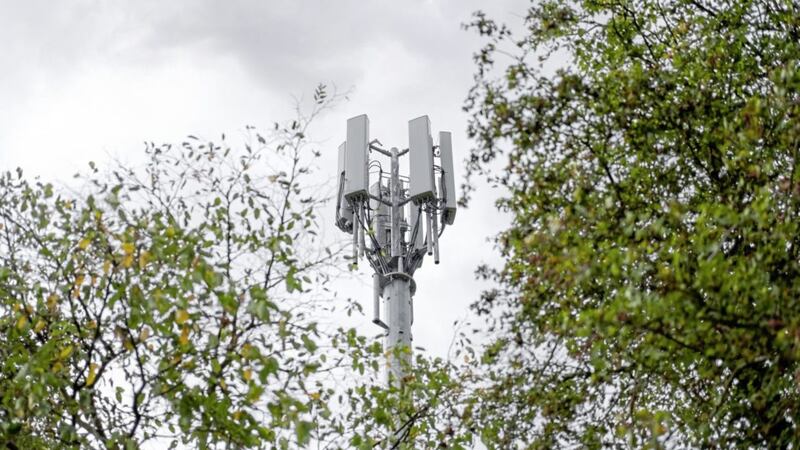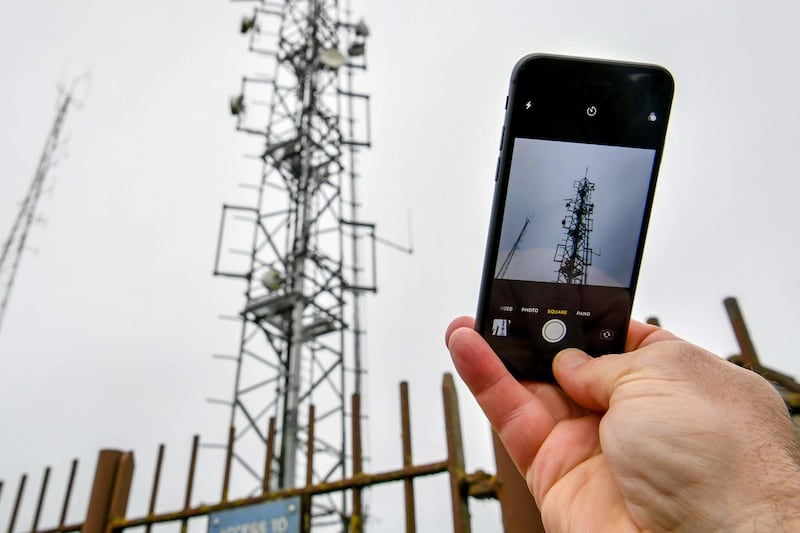ELEVEN rural communities in the north are set to benefit from 11 new 4G mobile masts as part of a UK Government-backed initiative.
The Vodafone, O2 and Three networks will form a partnership to fund the construction of the new masts between 2021 and 2024 in a number of so called ‘partial no spots’. It will include parts of Mid Ulster and the Fermanagh and Omagh districts.
It’s expected to increase the north’s landmass coverage from 75 to 85 per cent.
Partial not spots are defined as areas where at least one, but not all, of the main mobile networks provide 4G coverage.
Some 222 masts in all will be built across the UK under the first stage of the £1 billion Shared Rural Network project after an agreement between the three mobile network operators, the UK Government and Ofcom last March.
The exact number and location of the masts will depend on the ability to secure suitable sites, planning approval and power supply.
EE, which is owned by BT, is also involved in the SRN. The network said it has already heavily invested in rural areas in recent years. It’s expected to play a great role when the SRN project starts to focus on ‘total not spots’, which will benefit from £500m UK Government funding.
Economy Minister Diane Dodds has welcomed the announcment.
“Mobile network coverage has never been more important and this initiative will help domestic and business users stay better connected,” she said.
Nick Jeffery, the chief executive of Vodafone UK, said the only way to fill the holes in mobile coverage is for the networks to work together.
“Our unique collaboration with O2 and Three will deliver new sites in parts of Northern Ireland that need better connectivity. Delivering the SRN will make a huge difference to communities across the UK.”
O2 boss Mark Evans said the project presents a new and more collaborative way of delivering greater investment in infrastructure to improve mobile digital connectivity, which he described as “a high impact enabler of economic growth”
Three UK’s chief executive, Robert Finnegan said the SRN will have a transformative effect on coverage in the north.





